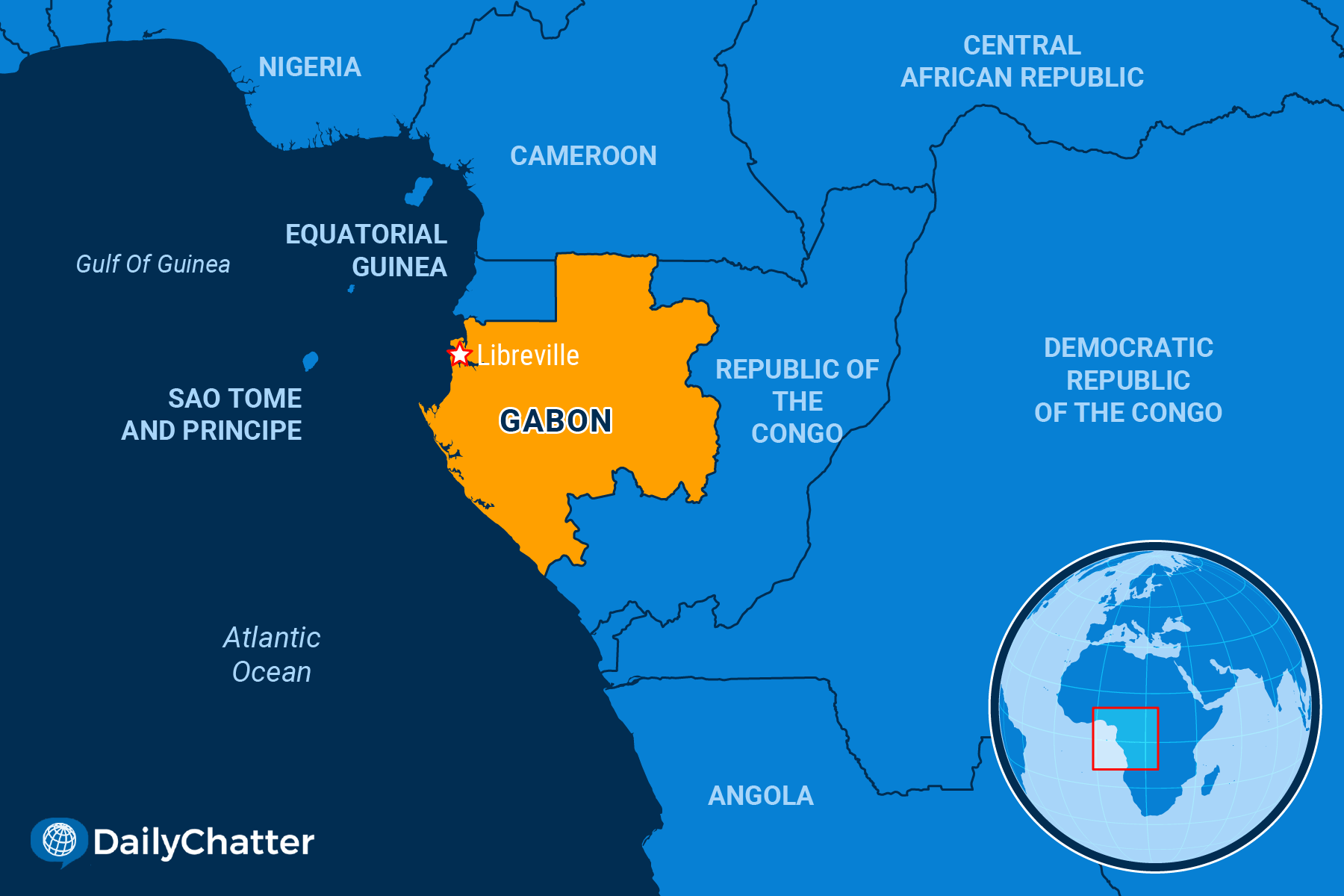
The World Today for August 25, 2023
NEED TO KNOW
All the Spoils
GABON

Gabon and the Bank of America recently finalized a “debt-for-nature swap,” the first on the African continent, to reduce its debt payments in exchange for promises to invest in conservation measures. Specifically, Gabon will expand a marine park and reform its fishing rules to protect wildlife, especially endangered humpback dolphins, the Financial Times reported.
The deal was ironic for two reasons. Gabon’s green credentials are otherwise thin. It is an oil-producing state known as the “Kuwait of Africa,” as Bonds & Loans wrote.
Second, the deal was announced less than two weeks before Gabonese voters were scheduled to cast ballots for a new president. But President Ali Bongo Ondimba doesn’t necessarily need the positive news to help sway voters on Aug. 26, however. There is little chance that he will lose.
As Agence France-Presse explained, Bongo, 64, has run the former French colony in West Africa since 2009 when his father, Omar Bongo Ondimba, died. The elder Bongo ruled the country for 41 years. Bongo’s Gabonese Democratic Party controls both houses of parliament.
In 2016, when Bongo ran for reelection, he won narrowly over his rival, Jean Ping. Riots broke out after Ping claimed victory, claiming vote rigging, the Centre for African Journalists wrote. Police arrested more than 1,000 people during the civil unrest. That’s why the United Nations made a point to call for free and fair elections shortly before this election.
Few observers believe such a close outcome will occur again, however. After his reelection, Bongo and his Gabonese Democratic Party’s allies in parliament enacted laws that critics say will keep the president in power until he decides to go.
Today, for instance, Ping is one of almost 20 candidates in a fragmented field of opponents, according to Africanews. That arrangement suits Bongo fine. One of the changes to elections allowed a plurality, rather than a majority, of voters to elect the new president.
Bongo has benefitted from his family’s monopoly on power. Today he is considered the richest man in the country, with more than $1 billion in assets overseas, noted American Graduate School in Paris political scientist Douglas Yates.
Most ordinary Gabonese citizens, meanwhile, have suffered. Per capita income in oil-rich Gabon is almost $14,000 – far more than neighboring Cameroon, where people make less than $4,000 on average. Yet a third of the citizenry lives below the poverty line. Thirty-seven percent of the population is unemployed.
At least the humpback dolphins are going to be taken care of.
To read the full edition and support independent journalism, join our community of informed readers and subscribe today!
Not already a subscriber?
If you would like to receive DailyChatter directly to your inbox each morning, subscribe below with a free two-week trial.
Support journalism that’s independent, non-partisan, and fair.
If you are a student or faculty with a valid school email, you can sign up for a FREE student subscription or faculty subscription.
Questions? Write to us at [email protected].
